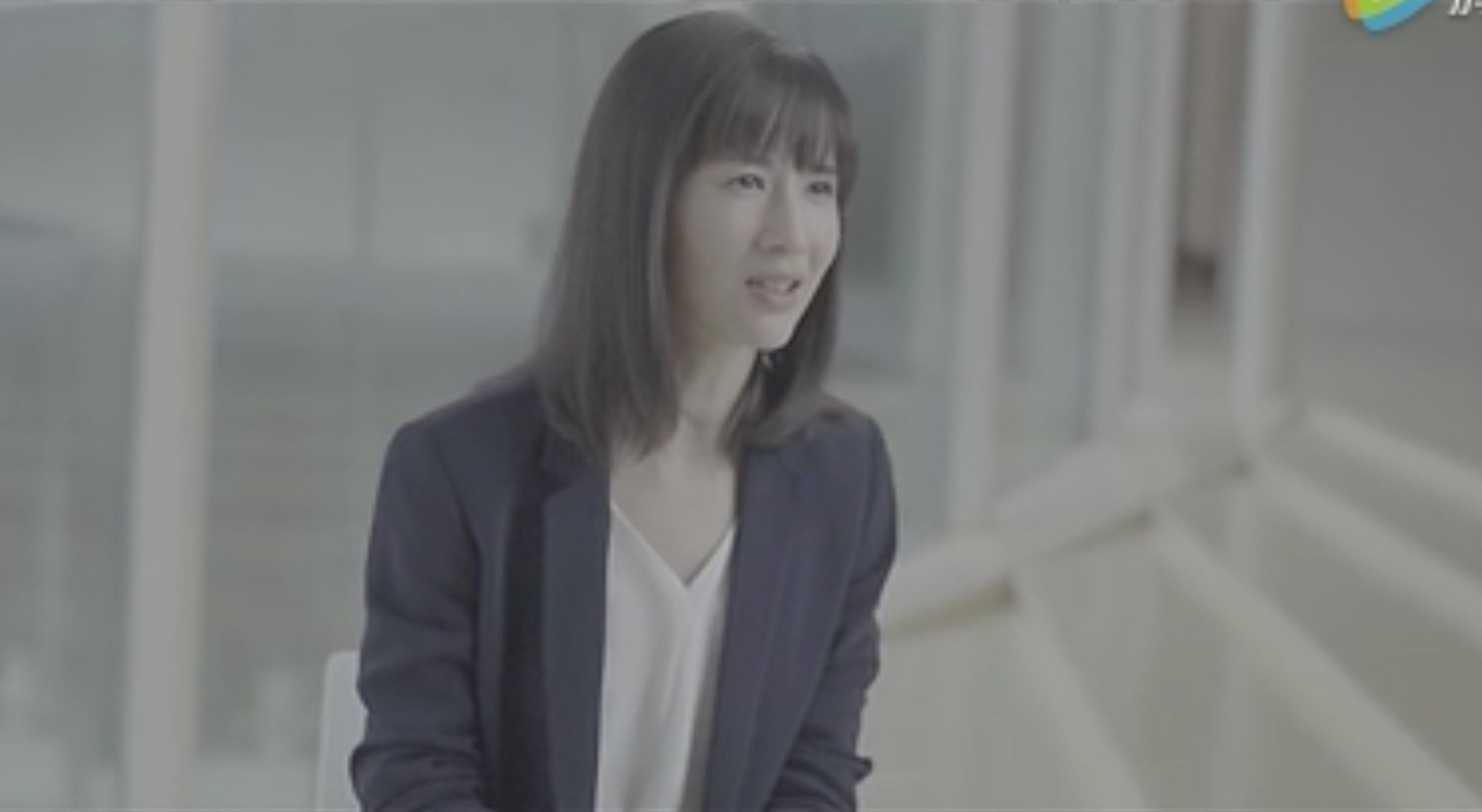Chinese video blogging sensation Papi Jiang has attracted around 44 million fans and lucrative advertising contracts simply by filming sharp and comedic cultural critiques from her living room, but her freewheeling speaking style, cluttered apartment, and disregard for the typical doll-like look that many fashion bloggers embrace haven’t managed to attract luxury brands—until now.
Swiss watchmaker Jaeger LeCoultre created a stir online in China this week when it made a bold move to feature China’s number one internet celebrity this year in a new advertising campaign posted on its Weibo and WeChat accounts. With a more sober, professional tone than is often seen in her enthusiastic and humorous online rants (along with some professional styling), she shares her life philosophy in a video promoting the brand’s Reverso watch that highlights the fact that it can be engraved with a custom message.
The brand’s decision to hire the outspoken and sarcastic web star described as a “girl next door with attitude” is a significant departure from traditional luxury marketing practices in China, which, when not opting for a major celebrity endorsement, usually focus on fashion bloggers touting glamorous lifestyles with carefully curated (and heavily edited) images. Papi, in contrast, has earned her massive following from sharp satirical videos that critique societal issues, such as one video in which she talks about examples of rampant sexism in Chinese society—touching on issues such as double standards for women, divorce, and rape.
“When a woman is raped, it’s the rapist whose face is protected,” she says in one video, “and everyone says, ‘you can get raped looking like that?’” But videos generally touch on more lighthearted topics, such as videos satirizing the way young people in Shanghai inject English into their conversations.
Her incisive commentary, which is delivered at a rapid-fire pace thanks to digital voice alteration, has earned her lucrative endorsement contracts from brands such as L’Oreal, and she sold an online ad spot in April to a beauty e-tailer called Lily & Beauty for US$3.5 million.
But, like any prominent media figure in China, she has to face online censorship. After she attracted US$1.85 million from investors for a new company she’d set up in April, some of her videos were removed by censors for foul language. One of her investors withdrew an investment of around 5 million RMB in July, saying it wanted to focus on its own content.
Some critics are saying her mass-market image doesn’t fit with Jaeger LeCoultre, whose timepieces retail for around US$5,000 to $20,000. WeChat blog Fashion Note says that an unnamed China boss of a French luxury brand commented that high-end brands “cannot count on her fans to understand and spread the key messages from a high-end watch brand like Jaeger-LeCoultre,” and that the ad will cause the brand to be “misinterpreted.” In addition, an “English luxury brand veteran” reportedly stated that the video looked “a bit low-brow; her hair looks too casual,” adding that a brand like Jaeger LeCoultre “shouldn’t try to please everyone.” Meanwhile, a Chinese-language article on Business of Fashion noted that Papi Jiang appeals to diaosi culture in China, or slang for “losers” who are stereotyped as people who live with their parents and spend an inordinate amount of time online.
“We don't believe in a one-size-fits-all results for Papi,” according to a recent statement by KOL (key opinion leader) firm ParkLu in a Campaign Asia article about her marketing potential, which said that brands should examine whether her audience includes their targeted customers. “If you are an online dating service or an app, you would probably benefit from her mentioning—or making fun of—your app, because of her focus on relationships. Whereas if she was wearing a certain shade of lipstick, would it influence buyers?”
But other articles note that featuring Papi is an innovative way to appeal to millennial Chinese consumers after China’s anti-corruption campaign has hit Swiss watch sales in recent years and removed demand for luxury watches from older government bureaucrats. Jaeger LeCoultre’s parent company Richemont reported a 51 percent drop in global profits for the first half of the year, but said mainland China growth is rebounding.
Papi’s commentary tends to appeal to an educated, urban audience that could include potential customers for the brand. In fact, the diaosi label has evolved to encompass young professionals with spending power. “Economically speaking, [her fans] certainly aren’t ‘losers,’” says Business of Fashion.
Her videos also criticize the stereotype of shengnu, or “leftover women,” in China, which propagates the idea that educated, professional single women who devote too much time to their career risk becoming too old to get married. While the idea that they are “leftover” is a pernicious stereotype, affluent professional women who she reaches are exactly the demographic a luxury brand would look to target.
The ad firm that created the campaign, Fred & Farid, confirmed to Chinese news portal Jiemian that young people were the target of the ad, and the watch being advertised is one of the brand’s more “entry-level” models. The firm deliberated whether or not to use Papi as part of a campaign featuring four different KOLs, and originally mulled just featuring her using he real name, Jiang Yilei.
While marketing experts are divided on the ad’s effectiveness, it has certainly spurred engagement—it received over 69,000 views as of December 15 on WeChat, and Papi Jiang’s Weibo post of the video on her own profile has around 114,297 likes, 12,379 shares, and 17,000 mostly positive comments. If it’s successful in driving more young people to the brand, it could have luxury brands turning to a wider range of representatives in the future.
Yiling Pan contributed to research for this article.
